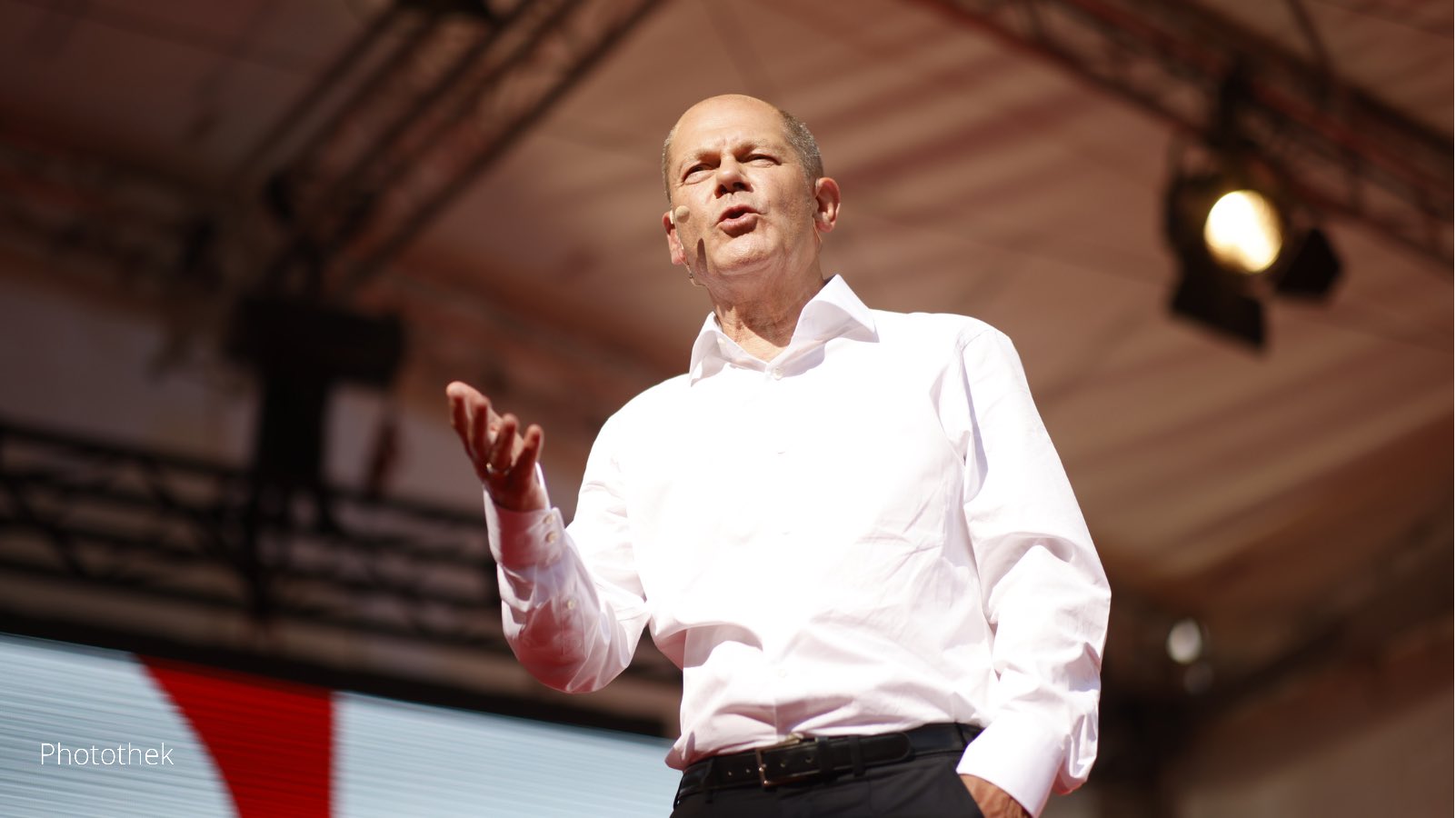Because in Germany, industrialists snort over the government’s Semaphore program

Here are the first comments from entrepreneurs, analysts and experts on the pre-agreement for the economic program of the next government in Germany
Too vague on the methods of financing investments, too much contradiction between the ambition to modernize the country and the maintenance of the debt ceiling. The German industrial world does not show patience towards the protagonists of the future Semaforo government and is already asking uncomfortable questions, after having read the points of the pre-agreement concerning the economy .
The actual negotiations will begin this week, after the green light given by the leading bodies of the three parties involved (SPD, Greens and Liberals), but the first document produced – the one with which the Sherpas positively closed the preliminary talks phase – is already ended up under the magnifying glass of economic analysts.
PENSION REFORM POSTPONED
And there is no lack of criticism. Even tough. Like those of Clemens Fuest, director of the Munich IFO, one of the most authoritative research centers in the country. "The first conclusions are not at all compatible with a sustainable financial policy," Fuest told the Handelsblatt , "the pension reform, for example, is simply postponed".
It was one of the misunderstandings that immediately emerged, already during the press conference held at the end of last week by Olaf Scholz, the chancellor in pectore, and by the leaders of the two future allied parties: on the one hand, the promise to stabilize the level of pension contributions, from the other than not to lower them and not to adjust the retirement age.
An unsustainable gap, even if only for demographic reasons, experts say. Doubts also shared by another heavy name in the economy, the president of the IW economic institute in Cologne, Michael Hüter: the pension program is "unsatisfactory and contradictory".
THE REBUS OF INNOVATION
Modernization, digitization and climate protection are the three pillars on which the next government will be born. But the economic world, and entrepreneurs in particular, are annoyed by the excessive indeterminacy with which the sources of the planned investments have so far been indicated.
Because even in this case some basic conditions appear contradictory. Like the promise not to raise taxes by one euro, rather to look for margins to lighten the tax position of medium and low incomes.
The document plans to raise the share allocated to innovation and research from 3.2 to 3.5% of GDP. The German program linked to the Recovery Fund is also mentioned, and mechanisms are announced to incentivize private investments: an appeal to non-public companies, which goes well with the presence of liberals in the future government, but which remains indefinite if mechanisms are not introduced. incentive. Programs full of good intentions have not been lacking in the years of Angela Merkel, but then something must not have worked if on decisive strategies for the global competitiveness of German industry – such as digitization and modernization, but also the much-proclaimed energy turnaround – Germany is finds itself lagging behind the most advanced economies, from the US to China to South Korea.
A suggestion on how the new government could get more money without raising taxes once again comes from Clemens Fuest of the Ifo: the executive could get into debt again in 2022 and park those assets in a reserve before the debt brake kicks in. apply again in 2023. Proposal also shared by Veronika Grimm, one of the "wise economists" who collaborate with the executives, and who also agrees with the director of the Berlin-based DIW, Marcel Fratzscher, who has always been a supporter of public intervention in terms of investments for the future. Fratzscher makes a further leap and also proposes a figure: 500 billion euros.
Without forgetting, the experts add, that the minimum global tax on the earnings of large companies will be able to make 5 to 6 billion annually available to the German public coffers. Other streams could come from the legalization of cannabis (not mentioned in the document but discussed in the talks), while the declared will to fight against money laundering remains, a phenomenon for which Germany has recently discovered a sort of paradise.
MINIMUM WAGE AND MINI JOB
Recent studies have shown that the introduction and then the gradual increases in the minimum wage did not harm German companies and instead helped the growth of domestic consumption. However, the increase from 9.50 to 12 euros per hour, the spearhead of the electoral campaign of the Social Democrats, frightens the industrialists. Just as the desire to improve the conditions of mini jobs alarms entrepreneurs in general, who report a dangerous interference in tariff autonomy. Instead, we are waiting to understand how some aspects of the Hartz IV assistance system will be modified, perhaps replacing them with a citizenship allowance mechanism, not to be confused with an unconditional basic income.
MECLENBURG AND BERLIN, THE LANDS SLIDE LEFT
Meanwhile, on the political level, it should be noted that the shift to the left recorded by all the votes that took place on September 26 (federal and in the two Land of Berlin and Mecklenburg) will mainly be reflected at the regional level. Having skipped the hypothesis of a Semaphore coalition also in the capital, the next burgomastra Franziska Giffey moved towards a continuation of the left alliance with Verdi and Linke. And in Mecklenburg, the confirmed president Manuela Schwesig will replace the Grosse Koalition with the CDU with an all-red Spd-Linke government.
This is a machine translation from Italian language of a post published on Start Magazine at the URL https://www.startmag.it/mondo/perche-in-germania-gli-industriali-sbuffano-per-il-programma-del-governo-semaforo/ on Mon, 18 Oct 2021 12:42:36 +0000.
